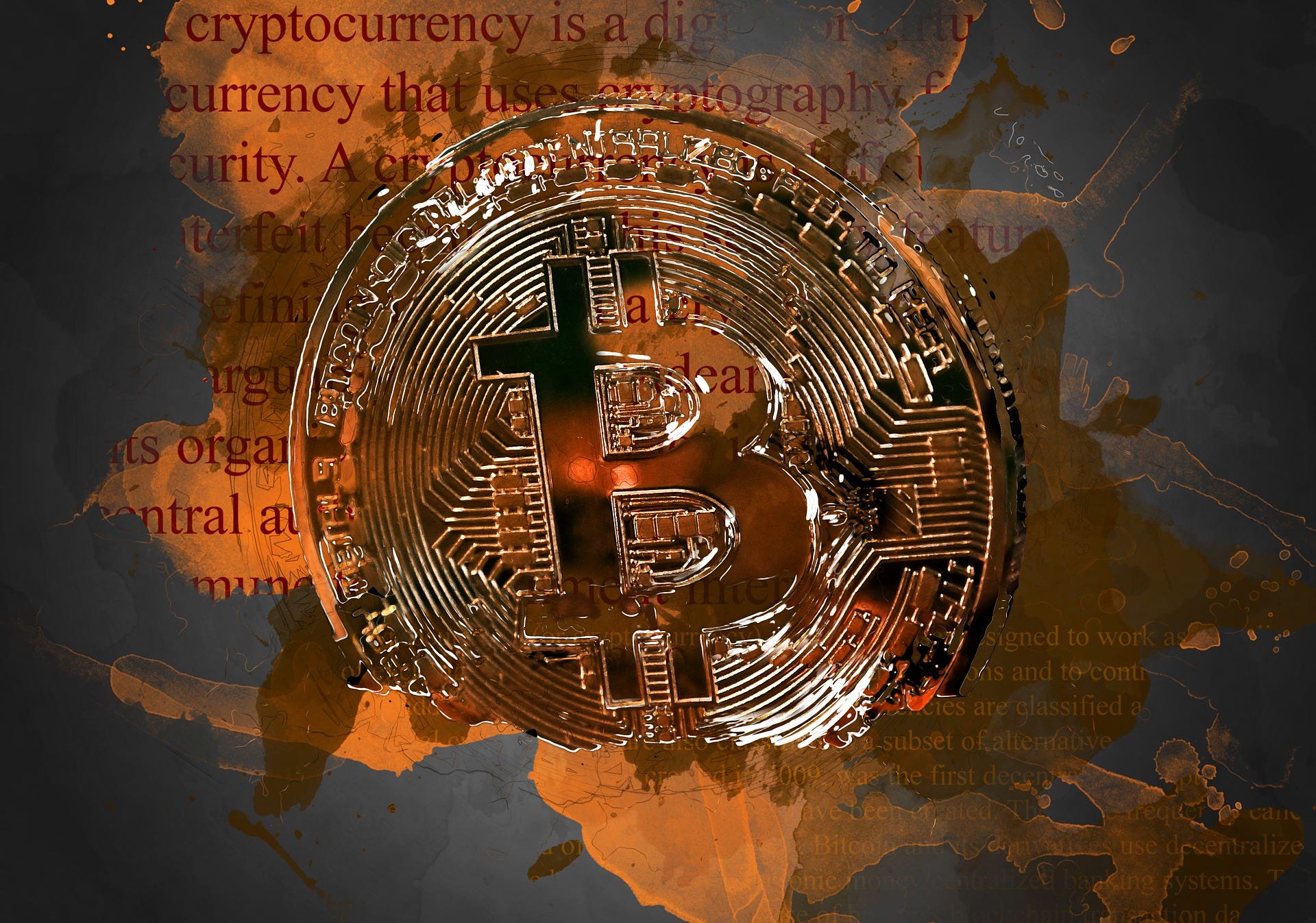PALO ALTO, Calif. (Reuters) - The Federal Reserve is looking at a broad series of problems around digital payments and currencies, consisting of policy, style and legal factors to consider around possibly issuing its own digital currency, Governor Lael Brainard said on Wednesday. Brainard's remarks suggest more openness to the possibility of a Fed-issued digital coin than in the past." By changing payments, digitalization has the possible to deliver higher value and convenience at lower expense," Brainard said at a conference on payments at the Stanford Graduate School of Company.
Main banks worldwide are debating how to handle digital financing innovation and the distributed journal systems utilized by bitcoin, which guarantees near-instantaneous payment at possibly low cost. The Fed is developing its own day-and-night real-time payments and settlement service and is currently examining 200 remark letters submitted late last year about the suggested service's design and scope, Brainard said.
Less than 2 years ago Brainard informed a conference in San Francisco that there is "no engaging demonstrated requirement" for such a coin. But that was prior to the scope of Facebook's digital currency aspirations were widely understood. Fed authorities, consisting of Brainard, have raised concerns about consumer defenses and information and privacy dangers that could be presented by a currency that could come into usage by the 3rd of the world's population that have Facebook accounts.
" We are working together with other reserve banks as we advance our understanding of reserve bank digital currencies," she stated. With more nations checking out issuing their own digital currencies, Brainard stated, that contributes to "a set of reasons to also be making certain that we are that frontier of both research and policy advancement." In the United States, Brainard said, issues that need research study consist of whether a digital currency would make the payments system safer or simpler, and whether it might pose financial stability risks, consisting of the possibility of bank runs if money can be turned "with a single swipe" into the central bank's digital currency.

To counter the financial damage from America's extraordinary national lockdown, the Federal Reserve has actually taken extraordinary steps, including flooding the economy with dollars and investing straight in the economy. Most of these relocations got grudging approval even from many Fed skeptics, as they saw this stimulus as needed and something just the Fed might do.
My brand-new CEI report, "Government-Run Payment Systems Are Unsafe at Any Speed: The Case Against Fedcoin and FedNow," details the threats of the Fed's existing plans for its FedNow real-time payment system, and proposals for main bank-issued cryptocurrency that have been dubbed Fedcoin or the "digital dollar." In my digital fed coin report, I talk about issues about privacy, data security, currency control, and crowding out private-sector competitors and development.
Supporters of FedNow and Fedcoin say the federal government needs to create a system for payments to deposit quickly, instead of motivate such systems in the private sector by raising regulative barriers. But as noted in the paper, the economic sector is offering an apparently limitless supply of payment innovations and digital currencies to resolve the problemto the degree it is a problemof the time gap between when a payment is sent out and when it is received in a bank account.
And the examples of private-sector development in this area are lots of. The Cleaning Home, a bank-held cooperative that has actually been routing interbank payments in various forms for more than 150 years, has been clearing real-time website payments since 2017. By the end of 2018 it was covering 50 percent of the deposit base in the U.S.